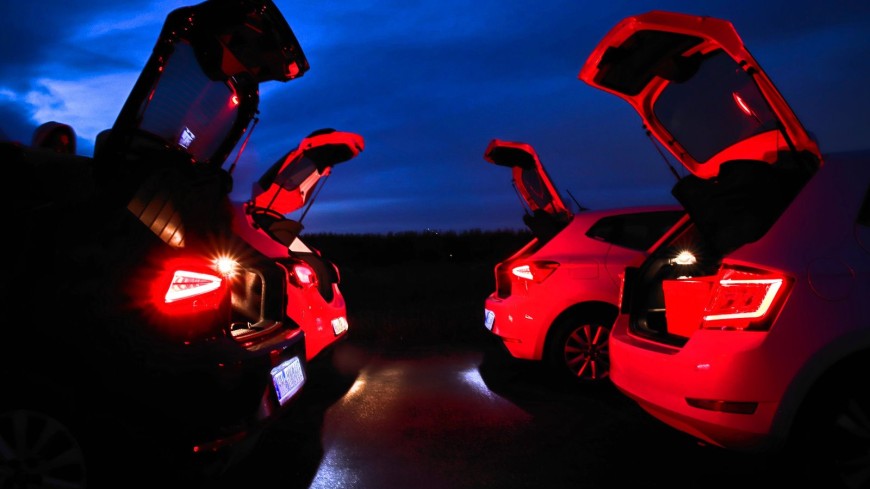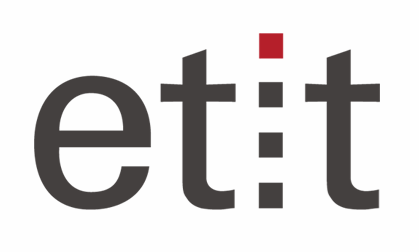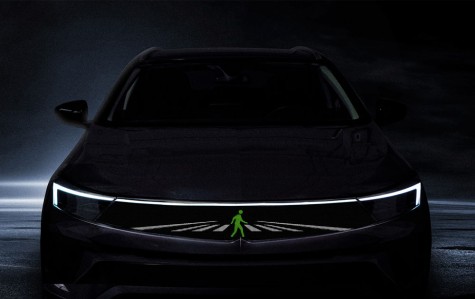A new generation of vehicle lighting technology
Strategic research cooperation between the etit Department and Stellantis
2022/02/22 by sas/sip
The Laboratory of Adaptive Lighting Systems and Visual Processing at the Technical University of Darmstadt was recently accepted as an “OpenLab” in a worldwide research network of the automotive manufacturer Stellantis. The aim of the cooperation: to develop a new generation of intelligent automotive lighting technology and bring it to the road.

For more than ten years, the Laboratory of Adaptive Lighting Systems and Visual Processing at the Department of Electrical Engineering and Information Technology (etit), headed by Professor Tran Quoc Khanh, has been researching innovations in the field of lighting technology together with Stellantis. This cooperation has now been taken to a new level. The TU Darmstadt was recently accepted as the first “OpenLab” in a research network that Stellantis operates with various renowned universities. The aim of the strategic partnership is to jointly develop a completely new technological generation of automotive lighting.
“We want to revolutionise automotive lighting technology – and accompany the development through all stages, from research, prototypes and testers to the finished product”, explains Tran Quoc Khanh.
To this end, the automotive manufacturing corporation is initially funding three doctoral positions for the next four years, which are dedicated to research on various areas of automotive lighting technology. The first tests with a prototype are already planned for 2022. Another advantage of working with Stellantis: “We are able to access the corporation's technical infrastructures, such as test vehicles, which allows us to test our developments directly in the field”, explains doctoral student Anil Erkan.
We want to revolutionise automotive lighting technology - and accompany the development through all stages, from research, prototypes and testers to the finished product.
Professor Tran Quoc Khanh, Head of the Laboratory of Adaptive Lighting Systems and Visual Processing
Further research focuses on the camera systems of automatic assistance systems such as distance, lane departure or emergency brake assistants, interior lighting as well as the communication of vehicles with other road users. “We take a holistic view of the subject of light. After all, light is highly relevant in many areas of the automobile, and this goes far beyond headlights,” says Philipp Röckl, who heads the OpenLab for lighting technology projects at Stellantis.
First vehicles on the road by 2028
The research project between Stellantis and the etit research team is initially scheduled for four years. However, the aim is already a strategic cooperation for the next ten years and beyond. “We have been working with the experts in Professor Khanh's field for many years. This cooperation in the field of lighting technology will be intensified and strengthened in the long term through the OpenLab”, says Röckl.
The research is innovative and market-oriented. Head of Department Khanh predicts: “If everything goes as planned, the first vehicles with the lighting technologies developed by our laboratory and Stellantis will be seen on the roads by 2028 – and they will have one of the smartest lighting technologies in the world.”
At the Technical University of Darmstadt, we are convinced that the creation of true innovations requires a deep, multidirectional exchange between all partners involved and can only succeed if we act together and cooperatively
Professor Jens Schneider, TU Darmstadt's Vice President for Transfer and International Affairs
Professor Jens Schneider, TU Darmstadt's Vice President for Transfer and International Affairs, also emphasises the great relevance of cooperation projects like the one with Stellantis. “The great importance of technical innovations, as well as the capability to develop them, have recently been brought into sharper focus thanks to the emphasis on this topic in the coalition agreement of Germany's new federal government. And quite rightly so”, he continues. “At the Technical University of Darmstadt, we are convinced that the creation of true innovations requires a deep, multidirectional exchange between all partners involved and can only succeed if we act together and cooperatively.”
He is positive about TU Darmstadt's inclusion in the Stellantis global research network and explains: “As a technical university, we provide new ideas and innovative methods and technologies from research for important future topics such as autonomous driving and AI in the automotive sector; our partners in industry provide the opportunity to put these ideas to the test in concrete application via their infrastructure. The results of this, in turn, benefit us in research and teaching. It's a win-win situation for both sides.”





